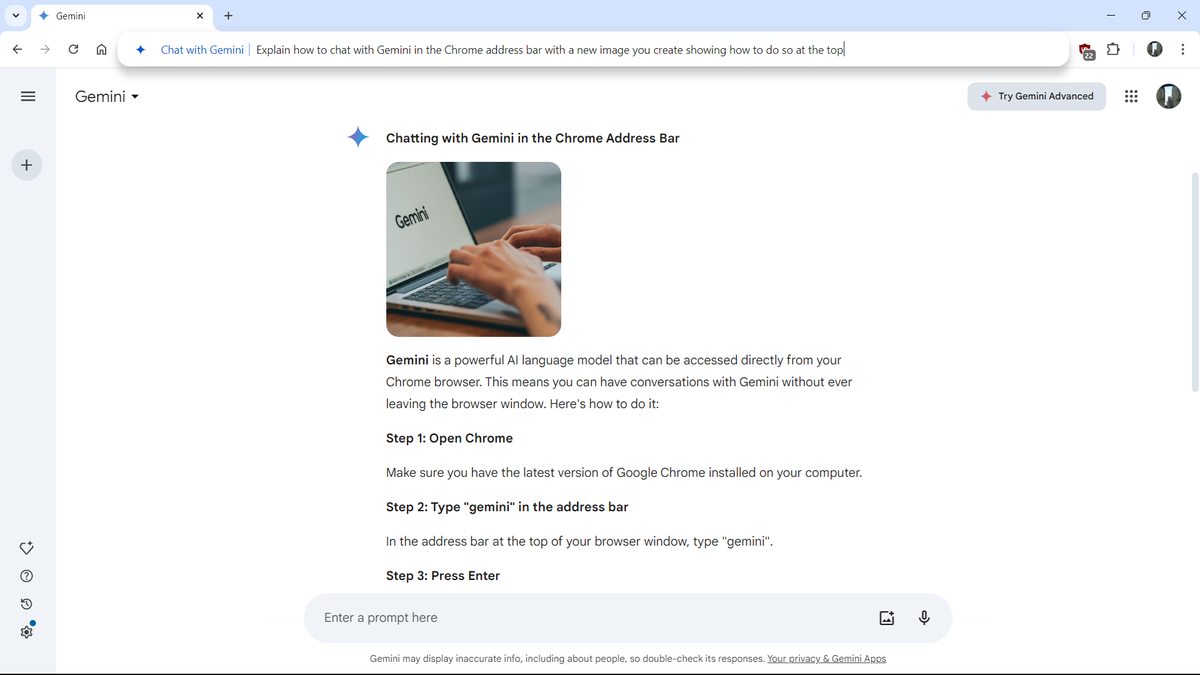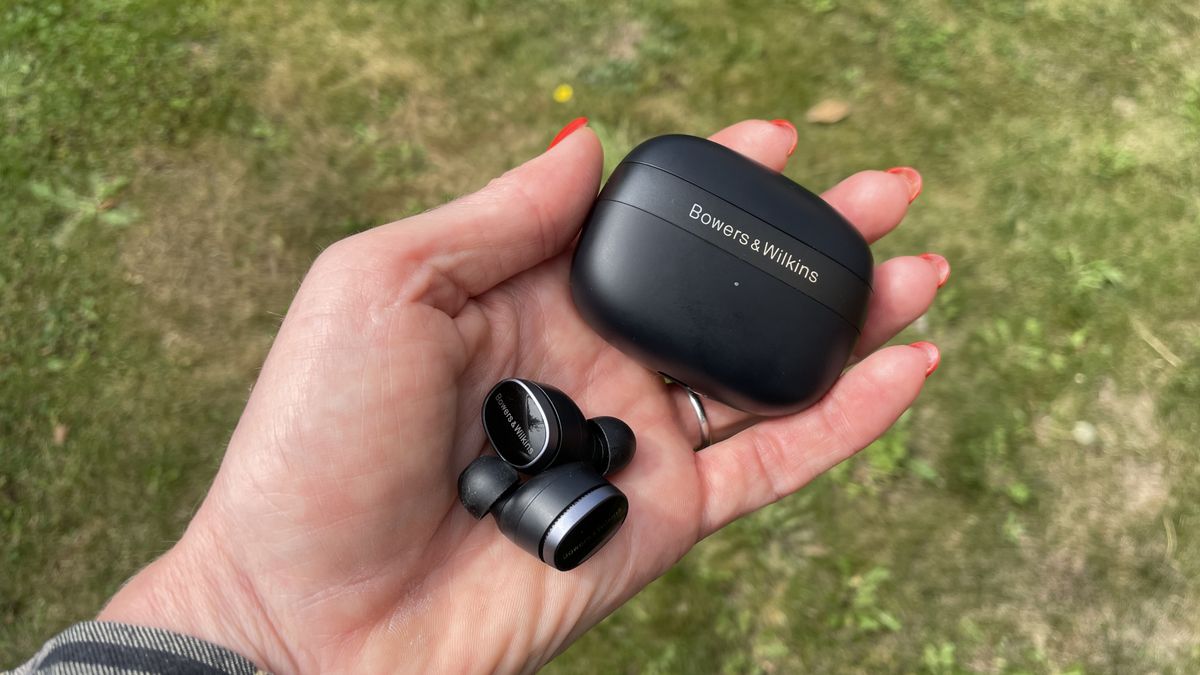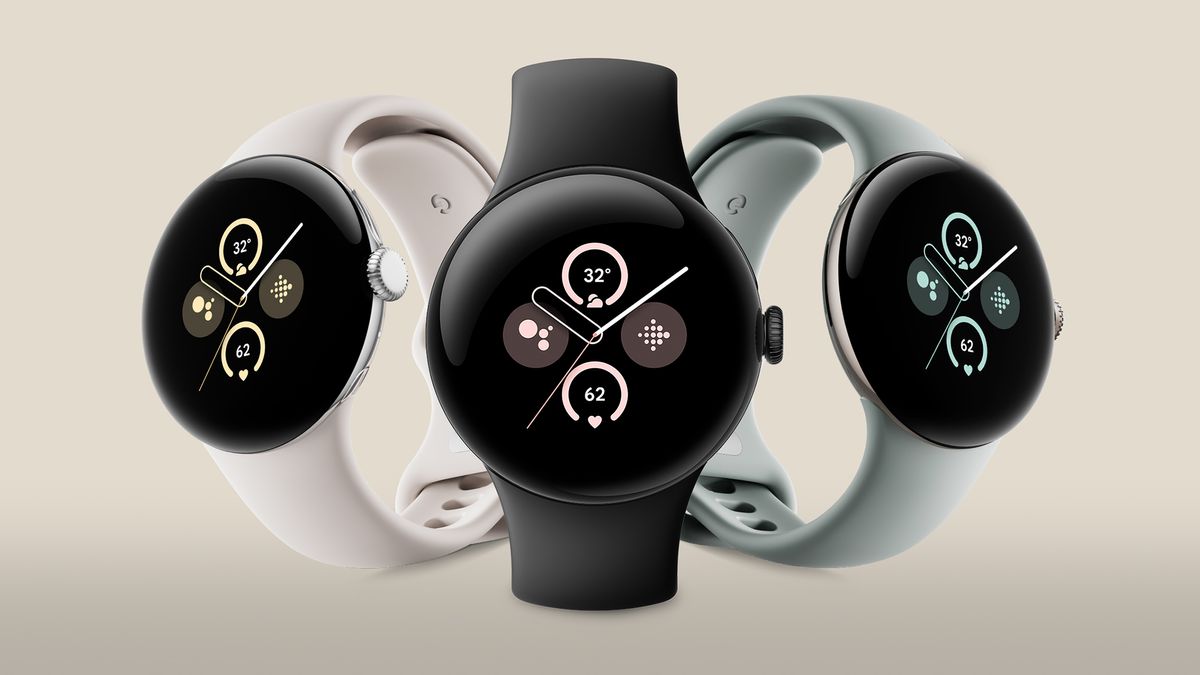Google is hard at work integrating its Gemini AI assistant throughout its ecosystem, updating it as it goes. That means not every new or improved feature gets a lot of attention when it rolls out beyond the updated support website. Still, a couple of Gemini’s new tools are worth highlighting for how they embody Google’s strategy of making Gemini as flexible and easy to use as possible.
Google Chrome’s dominant place among web browsers makes it an obvious hub for Google to encourage Gemini usage. This now includes allowing users to start interacting with Gemini right from the address bar. It may not seem like a big deal at first, but the feature removes a barrier to Gemini on Chrome, possibly encouraging some of Chrome’s millions of users to at least try out the AI.
If you want to talk to Gemini in the Chrome address bar, simply treat it like many other Chrome extensions. Type “@gemini” in the address bar, followed by your question or message. Gemini will process the request and take you to the Gemini homepage using the same browser window. You can see what it looks like in the image above.
Google Chrome isn't alone in trying to merge an AI assistant with a browser. Microsoft Edge has incorporated the Microsoft Copilot AI assistant in some form for over a year now. Name-wise, Microsoft's browser has an advantage in at least one important respect compared to Chrome's new feature. Copilot's responses are determined in part by the web page you're currently viewing.
Gemini lacks this level of contextual awareness and the ability to customize a response to your current browsing. If you care more about privacy than personalization, you might even see this limit as a positive, since it means Gemini doesn’t look at your history. Still, for more general questions or requests, Chrome’s address bar works perfectly fine for contacting Gemini. It also pairs nicely with Chrome’s other recent AI updates, like Gemini-powered visual searches via Google Lens, cross-tab shopping comparisons, and a better-organized browsing history.
Gemini Upload Mobile
The other notable update to Gemini is in the mobile app. If you subscribe to Gemini Advanced, you can now upload files to the Gemini app on Android and iOS devices. Until now, document uploads were only available on the web. You can use the app to send up to 10 files of no more than 100 MB at a time to Gemini. Most common formats are supported, including plain text, Microsoft Word, PDF files, and spreadsheets.
This mobile enhancement is intended to encourage people to use Gemini more, even when they're not in front of their computers. It brings Gemini's document analysis to smartphones. This is great if you want Gemini to explain or summarize a spreadsheet or report without having to manually copy and paste it. As with the Chrome address bar option, Google's efforts are focused on making Gemin more accessible. And once people get used to Gemini in the form they prefer, it will be much easier for Google to retain them as customers regardless of what its rivals offer. It's not yet clear whether Gemini will be another Google product that people use as thoughtfully as Gmail or Google Docs, but it's a strategy that's been very successful.









